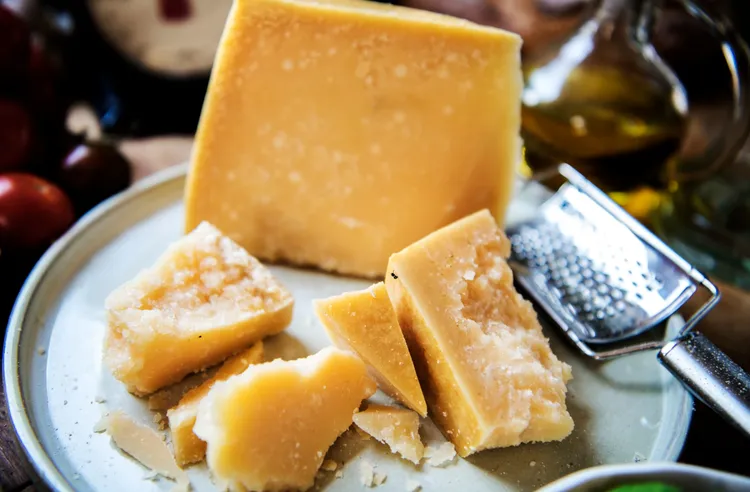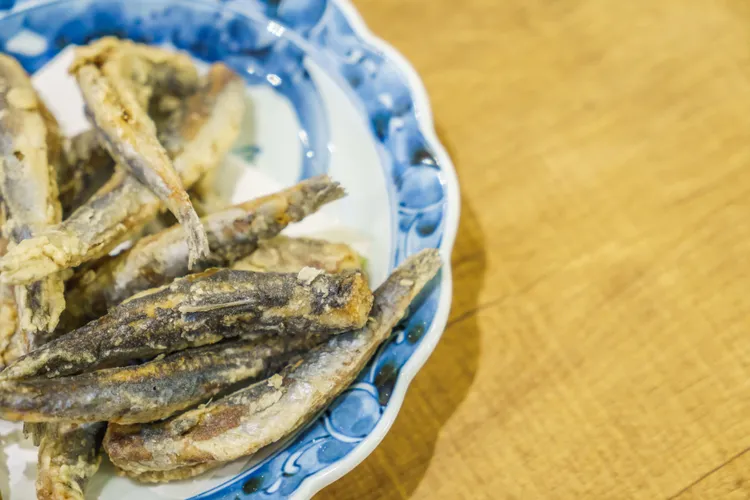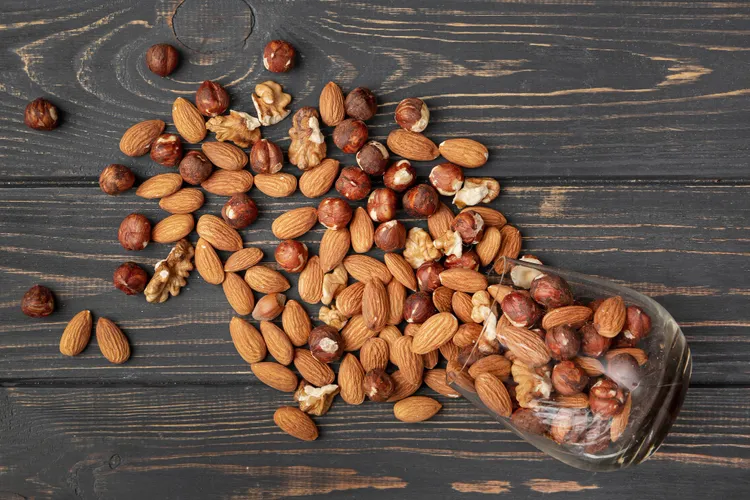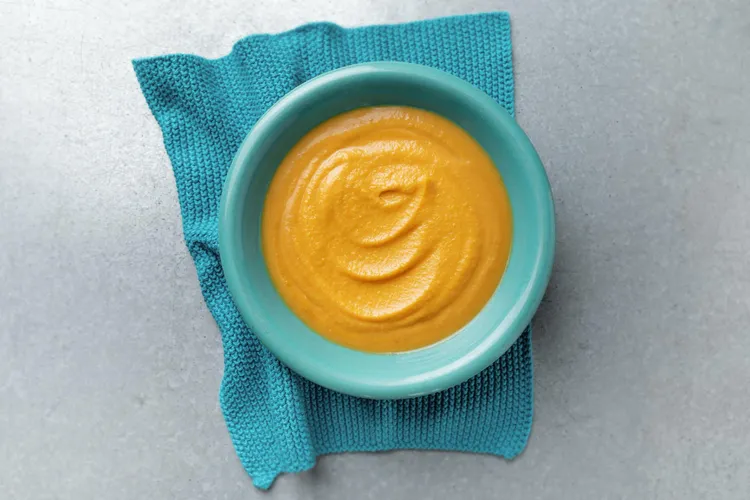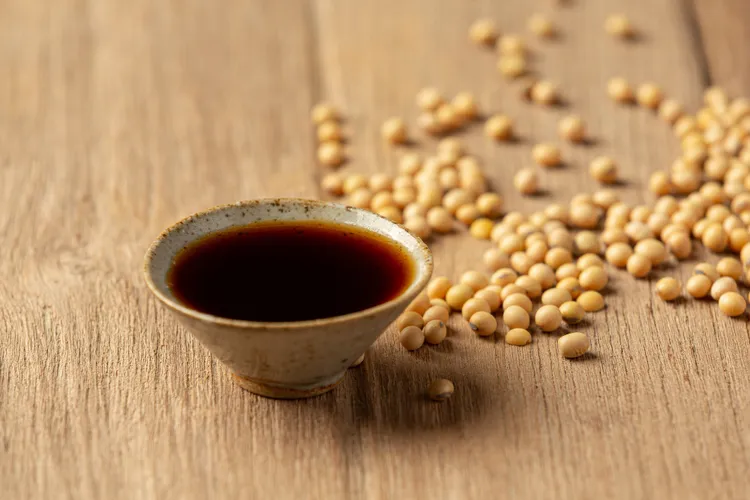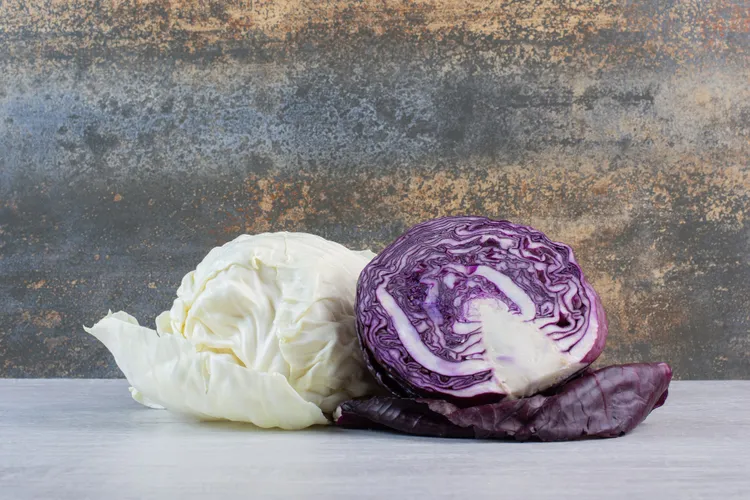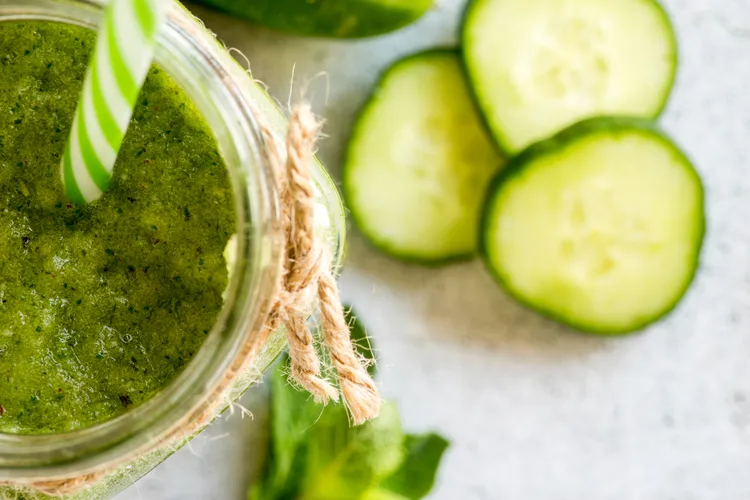The Alkaline Diet: Top 10 Foods High in Alkaline to Boost Your Health
The alkaline diet has gained popularity in recent years, with wellness enthusiasts and health-conscious individuals touting its potential to balance the body’s pH, boost energy, and promote overall vitality. But what exactly is the alkaline diet, and which foods should you prioritize to embrace this lifestyle?

What Is the Alkaline Diet?
The alkaline diet, sometimes called the acid-alkaline diet or alkaline ash diet, is based on the idea that certain foods can influence the body’s pH levels. The human body naturally maintains a slightly alkaline pH of around 7.35–7.45 in the blood, tightly regulated by organs like the kidneys and lungs. Proponents of the alkaline diet believe that eating foods that promote an alkaline environment (as opposed to acidic) can support optimal health, reduce inflammation, and even prevent chronic diseases.
The diet emphasizes foods that leave an alkaline ash (a metabolic residue) after digestion, which is believed to neutralize excess acidity in the body. Acid-forming foods, like processed meats, refined sugars, and grains, are minimized, while alkaline-forming foods, such as fruits, vegetables, and certain nuts, are prioritized.
While scientific evidence on the alkaline diet’s ability to drastically alter blood pH is limited (since the body tightly regulates it), many of the diet’s principles align with a nutrient-dense, plant-based eating pattern, which is widely recognized for its health benefits. Whether you’re a skeptic or a believer, incorporating more alkaline foods can enhance your diet with vitamins, minerals, and antioxidants.
Why Focus on Alkaline Foods?
Eating alkaline foods can provide a range of benefits, even if the pH-altering claims are debated. Here are some reasons to consider adding more alkaline foods to your plate:
- Nutrient Density: Alkaline foods are often rich in vitamins, minerals, and fiber, supporting overall health.
- Reduced Inflammation: Many alkaline foods, like leafy greens and berries, have anti-inflammatory properties.
- Improved Digestion: High-fiber alkaline foods promote gut health and regular digestion.
- Energy Boost: A diet rich in fruits and vegetables can enhance energy levels and reduce fatigue.
- Environmental Sustainability: Plant-based alkaline foods often have a lower environmental footprint than acid-forming animal products.
Ready to dive into the good stuff? Let’s explore the top 10 foods high in alkaline that you can easily incorporate into your diet.
Top 10 Alkaline Foods to Include in Your Diet
Why It’s Alkaline: Spinach is a superstar in the alkaline diet, with a high pH value and a wealth of nutrients. It’s packed with chlorophyll, which contributes to its alkalizing effect, and is rich in vitamins A, C, and K, as well as iron and magnesium.
Health Benefits:
- Supports bone health with vitamin K and calcium.
- Fights inflammation with antioxidants like quercetin.
- Promotes healthy digestion with dietary fiber.
How to Enjoy:
- Blend spinach into smoothies for a nutrient-packed breakfast.
- Toss it into salads with avocado, cucumber, and a lemon vinaigrette.
- Sauté with garlic and olive oil for a simple side dish.
Fun Fact: Spinach has a PRAL (Potential Renal Acid Load) score of -11.8, making it one of the most alkalizing foods available!
Why It’s Alkaline: Kale, another leafy green, is a powerhouse of alkalinity. Its nutrient density and high chlorophyll content make it a staple in the alkaline diet.
Health Benefits:
- Rich in antioxidants like kaempferol, which may reduce cancer risk.
- Supports heart health with potassium and fiber.
- Boosts immunity with vitamin C.
How to Enjoy:
- Make kale chips by baking with olive oil and sea salt.
- Add to soups or stews for a hearty, nutrient-rich boost.
- Massage with olive oil and lemon juice for a tender kale salad.
Tip: Remove the tough stems before eating to improve texture and flavor.
Why It’s Alkaline: Cucumbers are hydrating, low-calorie, and highly alkalizing due to their high water content (about 95%) and mineral profile, including potassium and magnesium.
Health Benefits:
- Hydrates the body, supporting skin and organ health.
- Contains lignans, which may reduce the risk of certain cancers.
- Aids digestion with soluble fiber.
How to Enjoy:
- Slice into water with mint and lemon for a refreshing alkaline drink.
- Add to salads or use as a base for gazpacho.
- Blend into a cooling cucumber smoothie with avocado and lime.
Fun Fact: Cucumbers have a PRAL score of -5.0, making them a great addition to an alkaline diet.
Why It’s Alkaline: Avocados are creamy, delicious, and mildly alkalizing. They’re rich in healthy monounsaturated fats, potassium, and fiber, which contribute to their alkaline-forming properties.
Health Benefits:
- Supports heart health with heart-healthy fats and potassium.
- Improves skin and hair health with vitamins E and C.
- Enhances satiety, aiding weight management.
How to Enjoy:
- Spread on whole-grain toast with a sprinkle of sea salt and lemon juice.
- Blend into smoothies for a creamy texture.
- Use as a base for alkaline-friendly guacamole with lime and cilantro.
Tip: Pair avocados with other alkaline foods like tomatoes and spinach for a nutrient-packed meal.
Why It’s Alkaline: Broccoli is a cruciferous vegetable with a strong alkalizing effect. It’s loaded with vitamins, minerals, and phytochemicals that promote health.
Health Benefits:
- Supports detoxification with glucosinolates.
- Boosts immunity with high levels of vitamin C.
- Promotes bone health with calcium and vitamin K.
How to Enjoy:
- Steam lightly and toss with olive oil and garlic.
- Add to stir-fries with alkaline veggies like zucchini and bell peppers.
- Blend into soups for a creamy, nutrient-rich dish.
Fun Fact: Broccoli’s PRAL score is around -4.0, making it a solid choice for an alkaline diet.
Why It’s Alkaline: Celery is highly alkalizing due to its high water content and minerals like potassium and magnesium. It’s also low in calories, making it a great snack option.
Health Benefits:
- Reduces inflammation with antioxidants like apigenin.
- Supports hydration and electrolyte balance.
- May lower blood pressure with phthalides.
How to Enjoy:
- Dip in almond butter for a satisfying snack.
- Juice with green apples and lemon for an alkaline drink.
- Add to salads or soups for crunch and flavor.
Tip: Choose organic celery when possible, as it’s often on the “Dirty Dozen” list for pesticide residue.
Why It’s Alkaline: Surprisingly, lemons are highly alkalizing despite their acidic taste. Once metabolized, they produce alkaline byproducts, helping to balance the body’s pH.
Health Benefits:
- Rich in vitamin C, boosting immunity.
- Supports detoxification and liver health.
- Aids digestion by stimulating enzyme production.
How to Enjoy:
- Start your day with warm lemon water to kickstart digestion.
- Use lemon juice as a salad dressing with olive oil.
- Add zest to alkaline dishes for a burst of flavor.
Fun Fact: Lemons have a PRAL score of -2.5, making them a versatile alkaline ingredient.
Why It’s Alkaline: Raw almonds are one of the few nuts considered alkaline-forming. They’re rich in healthy fats, vitamin E, and magnesium.
Health Benefits:
- Supports heart health with monounsaturated fats.
- Promotes skin health with antioxidants.
- Stabilizes blood sugar with fiber and protein.
How to Enjoy:
- Snack on raw almonds for a quick, alkaline-friendly bite.
- Blend into almond milk for a dairy-free alternative.
- Sprinkle over salads or oatmeal for added crunch.
Note: Avoid roasted or salted almonds, as processing can reduce their alkalizing effects.
Why It’s Alkaline: Watermelon is hydrating, sweet, and alkalizing due to its high water content and minerals like potassium and magnesium.
Health Benefits:
- Hydrates the body, supporting kidney function.
- Contains lycopene, an antioxidant linked to heart health.
- Reduces muscle soreness with L-citrulline.
How to Enjoy:
- Eat fresh as a refreshing snack or dessert.
- Blend into a smoothie with mint and lime.
- Add to salads with cucumber and feta for a hydrating dish.
Fun Fact: Watermelon’s PRAL score is around -5.0, making it a sweet alkaline treat.
Why It’s Alkaline: Green beans are a nutrient-dense, alkalizing vegetable rich in fiber, vitamins A and C, and minerals like potassium.
Health Benefits:
- Supports digestion with high fiber content.
- Promotes eye health with carotenoids.
- Boosts immunity with antioxidants.
How to Enjoy:
- Steam and toss with olive oil and lemon for a simple side.
- Add to stir-fries or casseroles for extra nutrition.
- Roast with garlic and almonds for a flavorful dish.
Tip: Choose fresh or frozen green beans over canned to retain their alkalizing properties.
How to Incorporate Alkaline Foods Into Your Daily Routine
Transitioning to an alkaline diet doesn’t mean overhauling your entire lifestyle overnight. Here are some practical tips to make it easy and sustainable:
- Start Your Day with Alkaline Foods: Kick off your morning with a glass of warm lemon water or a green smoothie packed with spinach, kale, and cucumber.
- Swap Acidic for Alkaline: Replace processed snacks like chips with raw almonds or sliced veggies like celery and cucumber.
- Balance Your Plate: Aim for 70–80% alkaline foods (fruits, veggies, nuts) and 20–30% mildly acidic foods (like whole grains or lean proteins) at each meal.
- Experiment with Recipes: Try alkaline-friendly dishes like a kale and avocado salad, broccoli stir-fry, or watermelon gazpacho.
- Stay Hydrated: Drink plenty of water, and consider adding lemon or cucumber slices to enhance alkalinity.
The Science: Does the Alkaline Diet Really Work?
While the alkaline diet has a loyal following, the scientific community remains divided on its core claims. The body’s blood pH is tightly regulated, and diet alone is unlikely to cause significant shifts. However, many alkaline foods are nutrient-dense and anti-inflammatory, which can contribute to better health outcomes.
A 2016 study published in the Journal of Environmental and Public Health suggested that an alkaline diet may support bone health by reducing calcium loss in urine, but more research is needed. Similarly, plant-based diets (which overlap with alkaline principles) are linked to lower risks of heart disease, diabetes, and certain cancers, according to a 2019 meta-analysis in Nutrients.
The takeaway? While the alkaline diet may not drastically alter your body’s pH, its emphasis on whole, plant-based foods can enhance your overall wellness.
A Sample Alkaline Meal Plan
To give you a head start, here’s a one-day alkaline meal plan featuring our top 10 foods:
- Breakfast: Green smoothie with spinach, kale, cucumber, avocado, and lemon juice.
- Snack: Handful of raw almonds and sliced watermelon.
- Lunch: Kale and green bean salad with avocado, cherry tomatoes, and a lemon-olive oil dressing.
- Snack: Celery sticks with almond butter.
- Dinner: Steamed broccoli with quinoa, roasted green beans, and a side of cucumber slices.
The alkaline diet offers a fresh perspective on eating for health, encouraging a focus on nutrient-rich, plant-based foods. By incorporating the top 10 alkaline foods - spinach, kale, cucumber, avocado, broccoli, celery, lemons, almonds, watermelon, and green beans - you can create delicious, vibrant meals that nourish your body and support your wellness goals.
Whether you’re fully committed to the alkaline lifestyle or simply looking to add more wholesome foods to your diet, these alkaline superstars are a fantastic place to start. So, grab some spinach, squeeze a lemon, and let’s get cooking!


